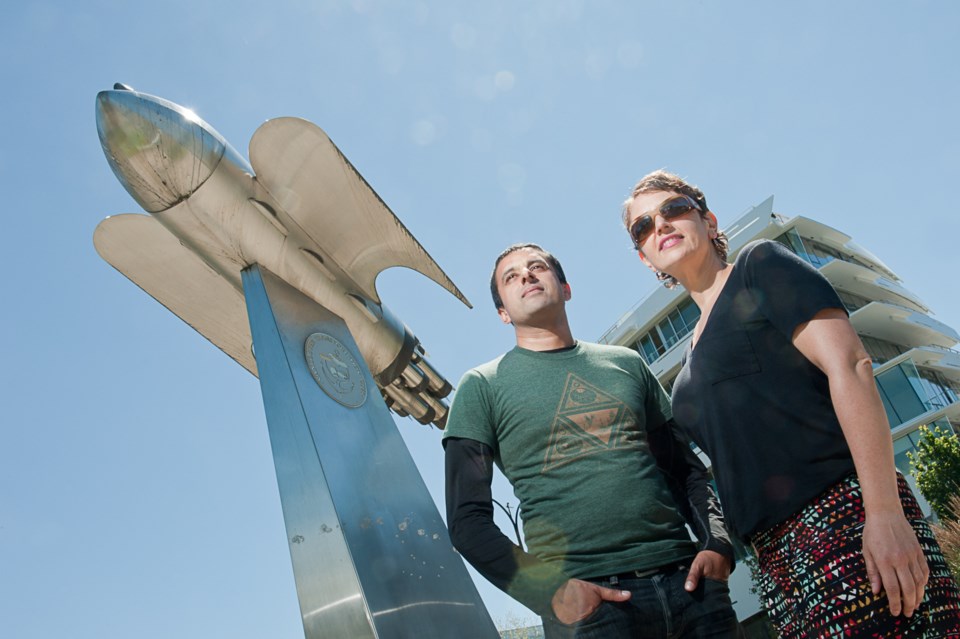Coding is not something that happens alone in a dark room.
“Nobody ever talks about how creative and collaborative it is,” said Sandra Wear. “You’re thinking up ideas and figuring out how to make them. You’re creating.”
Wear, along with Jot Kali, are the co-organizers of Be Like Ada, an event named after Lord Byron’s daughter, who is considered the first female programmer. On July 19, 500 teen girls will take part in an eight-hour coding boot camp with the hope of inspiring more young women to pursue coding in engineering and computer science.
Coding, in layman’s terms, is writing instructions for a computer. Different coding languages are used for different purposes, whether it’s computer software, apps or websites.
Only 27 per cent of university students in mathematics, computer and information sciences are women, according to Statistics Canada in 2009. Wear and Kali would like to that number climb to 50 per cent female engineering undergrads with Canada becoming a technological innovator that can compete globally.
“I always worked in a male-dominated field,” said Wear. “There are a lot of great men supporting this cause. Separately, I don’t believe we can make the best products, the best companies, the best organizations if we only have 50 per cent of the minds at the table.”
Wear hopes having all female participants at the event will help them make friends more easily and create a comfortable atmosphere for experimentation, making mistakes and discovery. Women who are programmers, designers and project managers will be present at the event as role models as well as men who are passionate about the cause.
“You can’t be what you can’t see,” Wear explained.
One role model, Jessica Weeres, is the chief operating officer of Mathtoons, a company that makes apps allowing teachers to create interactive homework assignments. A graduate of applied mathematics and computer science at UBC, Weeres remembers being the only girl in some classes.
“There were no real role models. It’s really hard as a teenage girl to look at a field filled with nerdy guys and say that’s what I want to do,” said Weeres. “[I hope] they leave recognizing that this isn’t some big scary thing that only nerdy guys do, and even if it doesn’t become their career, it will become a part of their tool set that will allow them to open doors.”
Wear believes media in recent years has provided more positive examples of cooler techies, such as The Social Network, The Big Bang Theory and Silicon Valley.
“I think coming with change as a whole in business is encouraging females to do what excites them and do what they want to do and that there’s no road blocks,” said Marjorie Trithardt, a manager at Microsoft’s Vancouver Development Centre.
The theme of the event is “developing coding as a superpower,” based on a quote by Drew Houston, creator of file sharing platform Dropbox.
Wear envisions an online community for girls to engage with one another and the possibility of taking it across Canada.
“Coding is as important as reading and writing,” said Wear. “Girls can do this like anyone else.”
chrischcheung@hotmail.com
twitter.com/chrischeungtogo



